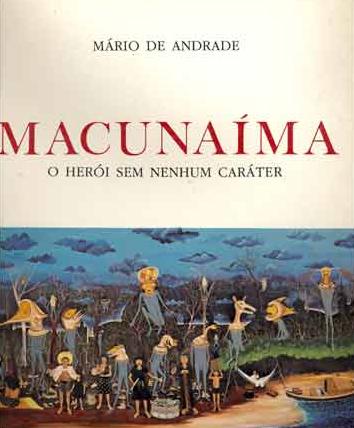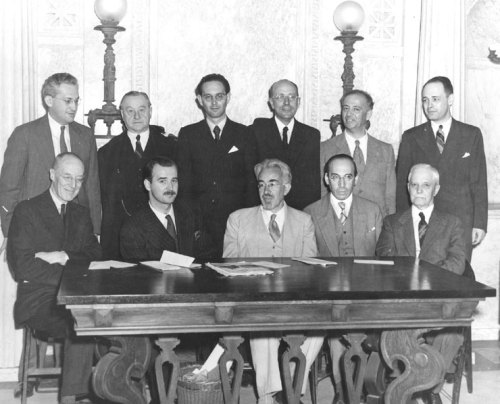In 2010 Ústav Hudobnej Vedy of the Slovenská Akadémia Vied revived the scholarly periodical Musicologica Slovaca: Časopis Ústavu Hudobnej Vedy Slovenskej Akadémie Vied (ISSN 1338-2594), thereby providing a standard platform for publishing the most recent results of domestic music scholarship in a peer-reviewed, biannual journal. In 1992 its predecessor, the irregularly issued Musicologica slovaca et europaea, replaced the original Musicologica slovaca, which started in 1969. The renewed Musicologica Slovaca, starting as volume 1(27), maintains the continuity of the previous volumes.
The journal’s broad orientation, with topics including music history, ethnomusicology, and systematic musicology, reflects traditions of interdisciplinary communication among specialized disciplines of music scholarship in Slovakia. Musicologica Slovaca is edited by the ethnomusicologist Hana Urbancová, the Director of the Ústav Hudobnej Vedy SAV. It is published in Slovak with English abstracts and keywords.












